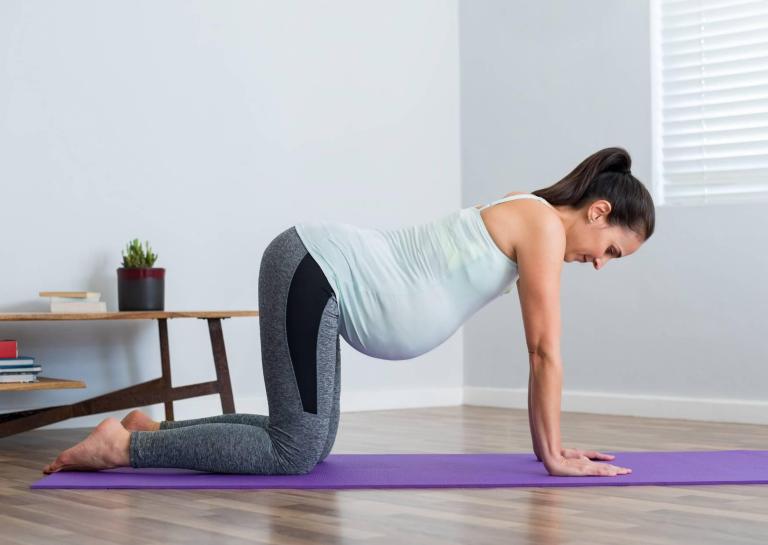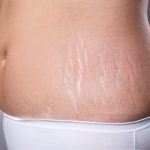Edema is the medical term for swelling and primarily occurs in the lower extremities during pregnancy, but sometimes in the fingers and hands as well. While it is expected to have some swelling during pregnancy, edema can be a signal that there is a problem.
What causes swelling in pregnancy?
Your body produces up to fifty percent more blood during pregnancy. There is also increased pressure on your veins during pregnancy. As your uterus grows bigger, it puts pressure on the inferior vena cava, the vein pumping blood back to your heart from the lower extremities. This extra fluid can lead to swelling in the lower extremities.
When should I be concerned about swelling?
Swelling in the lower extremities and even in the hands is quite common in pregnancy. However, swelling is also a signal of preeclampsia. Preeclampsia is a form of hypertension in pregnancy that can be serious if left untreated. Normal swelling in pregnancy should resolve with rest and generally only involves the lower extremities and sometimes the hands. Swelling that does not resolve with rest or is severe, swelling of the face or more generalized edema, headaches, seeing spots or visual disturbances, or pain in the abdomen should be reported to your doctor right away.
What can I do to relieve swelling during pregnancy?
- If you notice your feet and hands swelling sit down and elevate your feet. Resting your feet and legs is the best way to help with swelling.
- Avoid overheating. Warm weather increases the likelihood of swelling.
- Avoid prolonged standing or sitting. Try and get up and walk around if you have been sitting for long periods. This helps relieve pressure on the inferior vena cava and helps to get the blood flowing.
- varicose veins.
- Use good posture and do not sit with your legs crossed at the knee.
- Cold compresses or cool soaks in the pool may also help with swelling.



